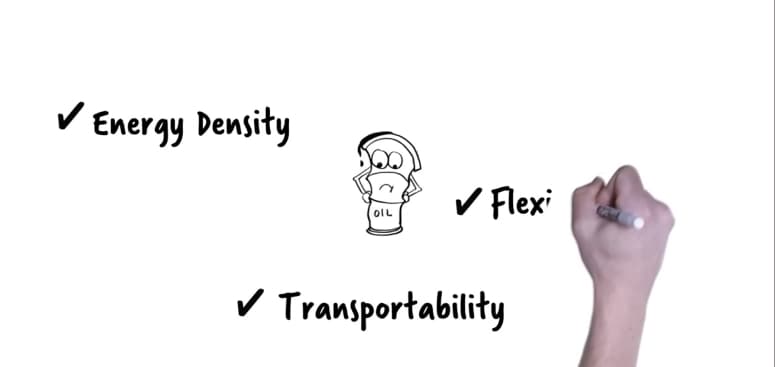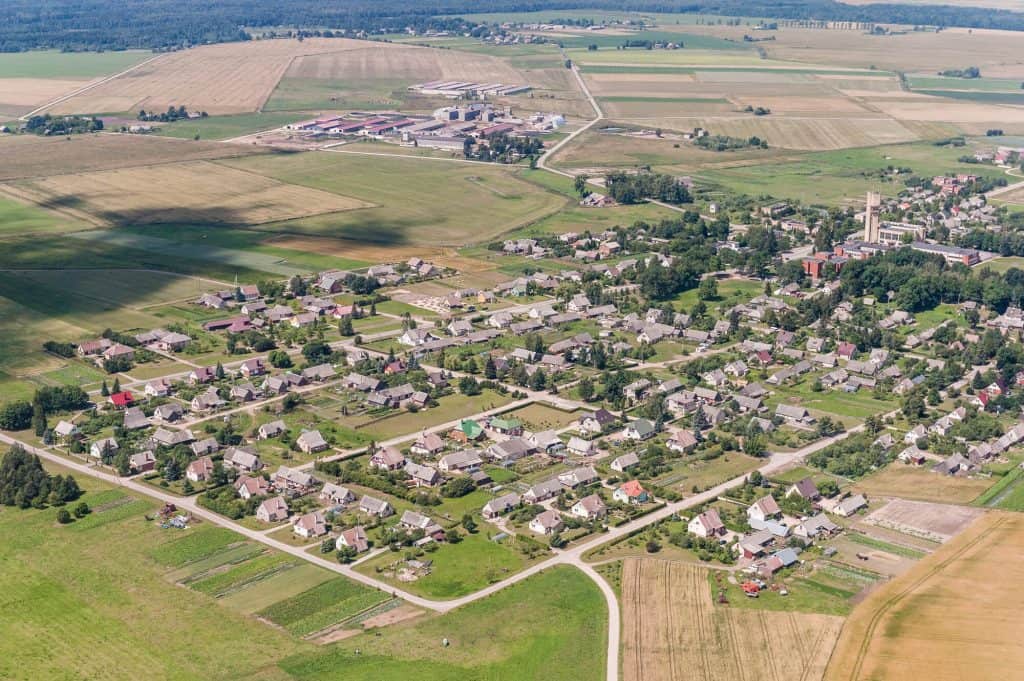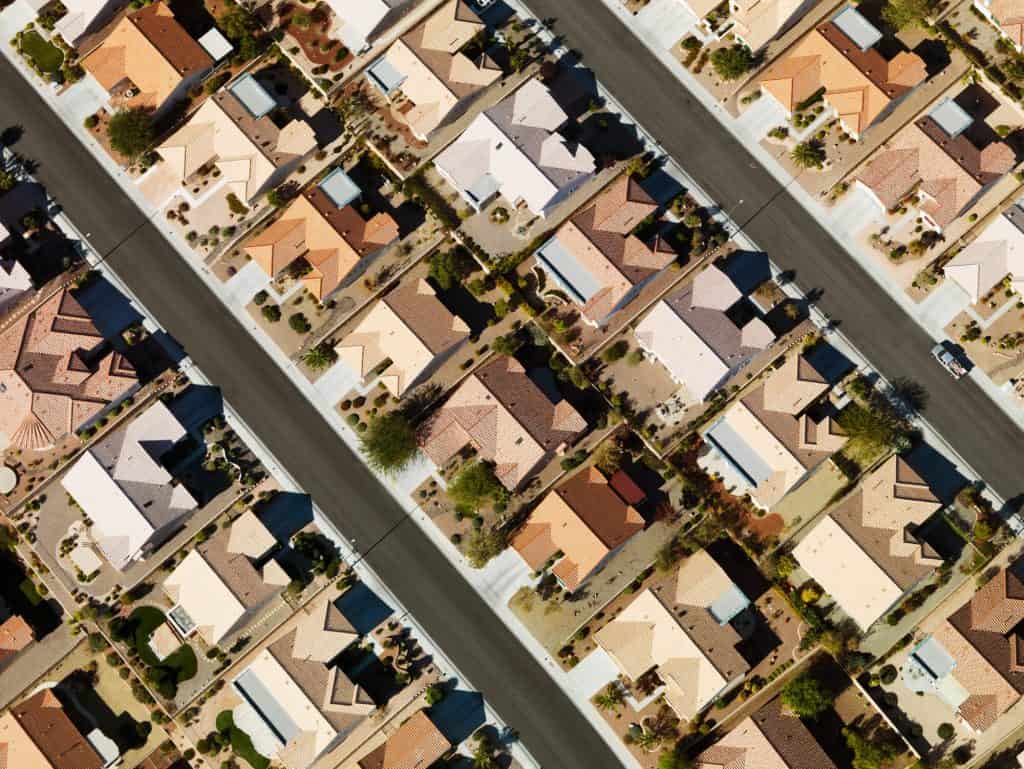What is a Sustainable Society?
Introduction
Given the readily apparent consequences of dramatic climate change and the approaching limits of the planets resources, the great majority of Canadians recognize the need for change. However, our efforts to date indicate we believe a sustainable society is our current society spray painted green. It is unlikely Mother Nature will support this business-as-usual model.
What This Means for Canada
What Can You Do?

Spread the Word
Share our message. Link to our site from your own, share us on social media, talk about the issues we share here on community boards. You are free to use our logos and information to help share our message – whatever you can do to get the word out about what we’re doing will help bring more awareness to our cause and the need for a more sustainable Canada.

Follow Along on Canada's Path to Sustainability
Stay in touch with us so we can share news, updates, and let you know about anything more you can do to affect change in Canada, and globally. This is by far the best way to stay in touch – make sure you mark our contact as safe where necessary to avoid our emails getting buried in spam or promotional folders.




